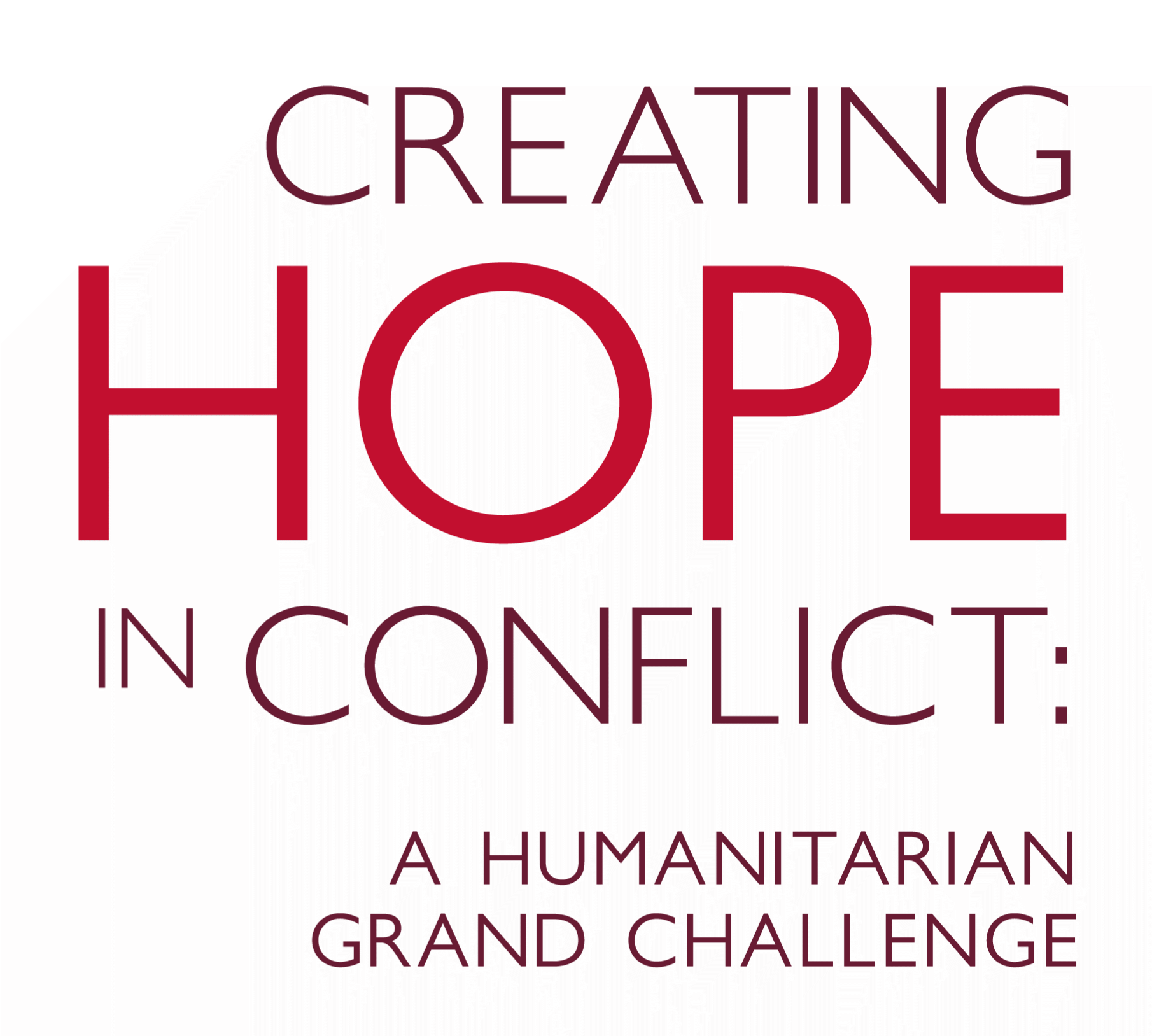Missing Maps Project
THE CHALLENGE
Both the Democratic Republic of the Congo (DRC) and Uganda are heavily affected by recurring infectious disease epidemics. To respond effectively to outbreaks, it is essential to closely map the spread of cases and target curative and prevention measures accordingly. However, publicly available maps in many conflict-affected settings lack reliable, accurate location data, particularly in places where refugees and IDPs have sheltered. Without this basic data, humanitarian coordination efforts, effective targeting of sensitization campaigns, and the ability to deliver urgent, life-saving care are all compromised.
THE SOLUTION
Recognizing this gap, the Humanitarian OpenStreetMap Team focused on mapping select regions in DRC and Uganda to provide accurate location-based data to help healthcare workers in their tracking, treatment, and prevention of infectious diseases, with a focus on Ebola. Through the platform Missing Maps, OpenStreetMap provided open, rapidly crowdsourced, and immediately accessible geographic data to on-the-ground health workers and humanitarian responders. The maps provided throughout the project improved disease surveillance planning and sensitization campaigns for COVID-19, Ebola, malaria, and tuberculosis, and enabled improved risk communication and more targeted messaging. Village Health Workers in the Kisoro and Zombo districts of Uganda were also trained in mapping landmarks and collecting geographic data using the platform, allowing them to acquire essential digital navigation and mapping skills for planning outreach efforts. Similarly, in DRC, community health workers took the initiative to map their health areas using the data collection methodology promoted throughout the project. As a result, new health zones were effectively mapped by combining geographic and census data, allowing more health services such as vaccination centers to be provided to the population.
